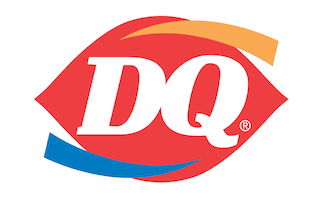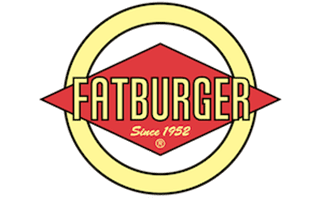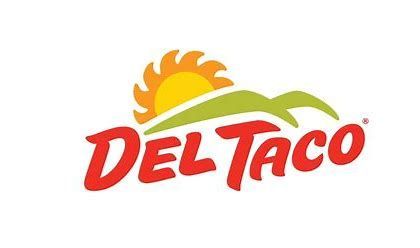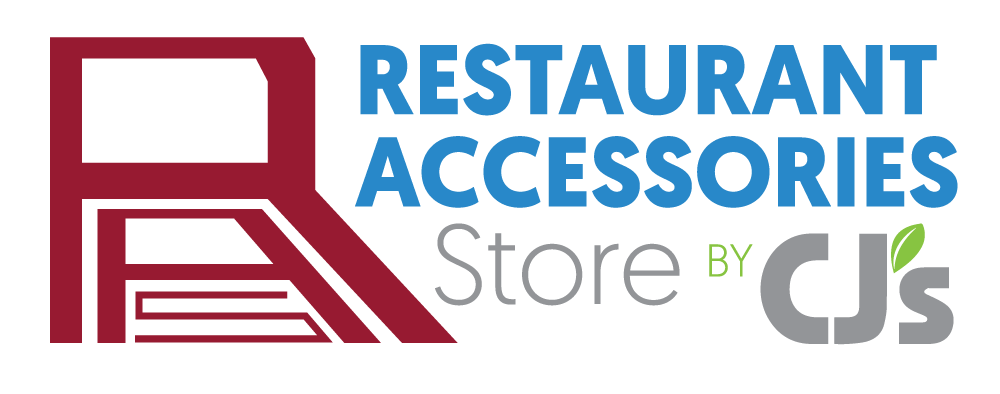The TEGRAS Kitchen Exhaust Cleaning System
The TEGRAS method offers a comprehensive solution for cleaning kitchen exhaust systems, addressing all challenges with its innovative approach. By combining the four elements of the Sinner Circle—Mechanical Action, Chemical Product, Temperature, and Time—TEGRAS ensures efficient and effective cleaning.
As the only technology specifically designed for cleaning hoods, kitchen exhaust ducts, and exhaust fans, the TEGRAS line of equipment uses heavy-duty foam that clings to grease, eliminating the need to change tools and streamlining the process. With TEGRAS, you can significantly enhance your cleaning capabilities for hoods, plenums, ducts, exhaust fans, and filters, ensuring a thorough and timely clean every time.
The TEGRAS Method: Comprehensive and Efficient
The TEGRAS Method leverages cutting-edge technology to tackle every aspect of the kitchen exhaust system cleaning process. By integrating mechanical brushing, powerful degreasers, optimal temperature control, and sufficient contact time, TEGRAS enhances the efficiency of cleaning hoods, ducts, exhaust fans, and filters. This comprehensive approach ensures thorough grease breakdown and superior cleaning results.
Benefits of the TEGRAS Cleaning System
The TEGRAS system offers numerous advantages, making it the ideal choice for kitchen exhaust cleaning:
- Heavy-Duty Foam: The thick foam adheres to grease, ensuring thorough cleaning without the need for multiple applications.
- Tool Efficiency: There's no need to switch tools between tasks, which reduces the need for multiple pieces of equipment.
- Adjustable Lance: The lance can be adjusted between 20 and 140 degrees, allowing for precise and flexible cleaning.
- Time and Cost Savings: The system's efficiency means less time spent on each job, more earnings, and the opportunity to take on more clients.
- Portability: The TEGRAS equipment is small, portable, and relatively lightweight, making it easy to transport and use in various settings.
Superior Cleaning With TEGRAS
With the TEGRAS method, you can significantly enhance your kitchen exhaust cleaning process. This system not only ensures a thorough cleaning but also improves the overall efficiency and effectiveness of your operations. By using the TEGRAS method, you can maintain a higher standard of cleanliness, safety, and performance in your kitchen exhaust systems.
Connect With TEGRAS on Social Platforms:
Secure your facility with TEGRAS grease cleaning systems.














